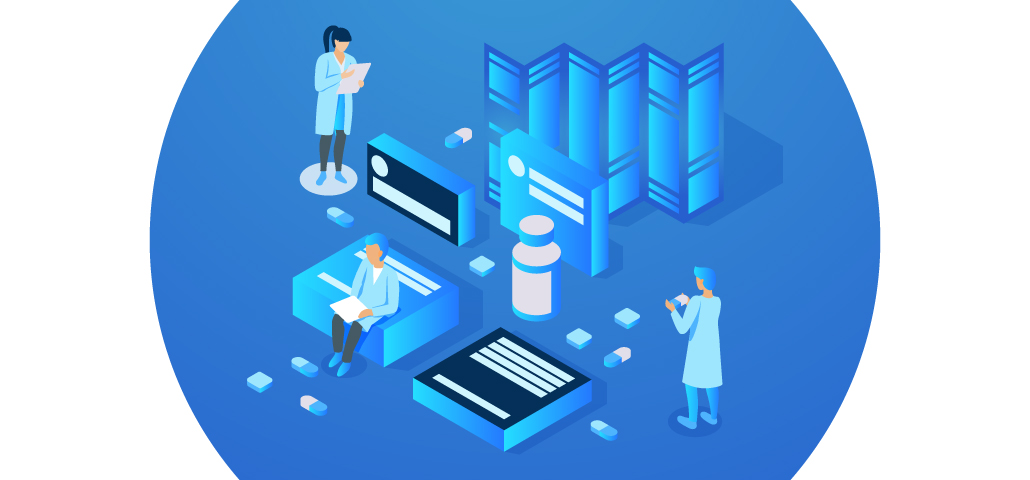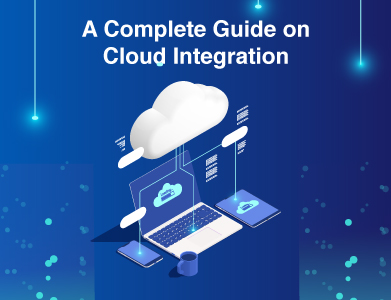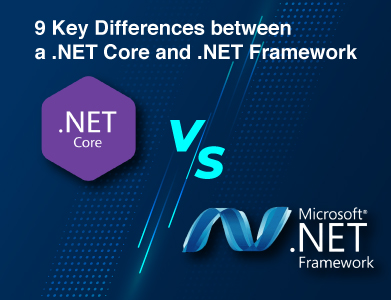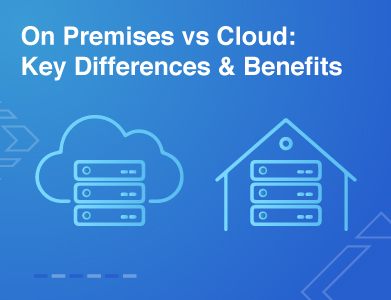Expertise
A robust Pharmacy Management System, in today's fast-paced healthcare environment, is what can help streamline operations and enhance patient care. Modern PMS platforms automate such key tasks as inventory tracking, prescription management, and billing, reducing employee workload and minimizing error occurrence.
Custom-built for conformity with both international and local regulations, the systems ensure safe data management and are designed to meet unique business needs.
In this blog, we look at the top benefits and features of a PMS and how it transforms traditional pharmacy system operations for a smoother, safer patient experience.
What is a Pharmacy Management System?
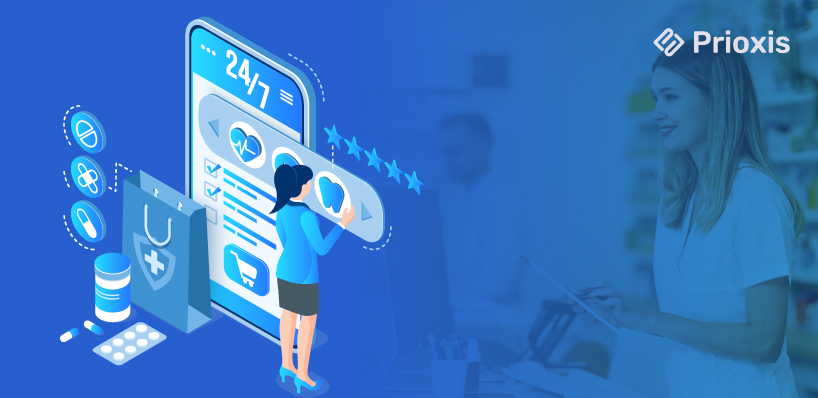
A pharmacy management system generally consists of a wide-ranging healthcare solution that automates and streamlines every step of the pharmacy-patient lifecycle. Such a system manages all aspects ranging from prescription review, pharmacy inventory management software control, dispensing, billing, and insurance processing to ensure that the whole stage runs efficiently and accurately. A PMS minimizes wait times and reduces medication errors while providing improved patient care and support for a multidisciplinary treatment approach.
Modern PMS solutions feature actionable insights through data analytics, which helps reduce operational costs and keeps your pharmacy system ahead of the competition curve. Integration is also easy with electronic health records, Point of Sale, e-prescribing software, and applications for drug dispensing so that changing to a new system is easy and hassle-free.
Benefits of Pharmacy Management Software
A robust Pharma Management Software (PMS) offers a wide range of benefits that not only streamline daily operations but also enhance patient care and ensure regulatory compliance. Here’s a more detailed look at its top advantages:
Increased Efficiency
A contemporary PMS streamlines tasks such as prescription processing, refills, pharmacy inventory management software management, and billing. This would enable the freed-up staff to focus on patient care and other core duties, which increases productivity and reduces the chance of human error. Pharmacies can function faster and more accurately by eliminating much of the manual data entry and redundant administrative work.
Reducing Medicine Fraud
Medicine fraud can result in very devastating effects on the patients and the pharmacies. State-of-the-art PMSs employ stringent validation processes, including barcode scanning, real-time tracking, and audit trails, which ensure that each drug dispensed is genuine and accounted for. The systems follow the entire chain of supply procurement to dispense and report any anomaly while reducing the possibility of spurious drugs entering the system. This not only facilitates maintaining compliance with regulations but also wins patients' trust as they are getting authentic medicines.
Enhanced Customer Service
By automating key processes and streamlining business processes, the overall customer experience can be dramatically enhanced. Patients benefit from shorter waiting times, dispensing of accurate prescriptions with proper advice, and enriched communication at the pharmacy during visits. This is possible because the system allows pharmacists to have easy access to patient histories and prescription details for personalized advice and care, which contributes to higher levels of patient satisfaction and loyalty.
Streamlined Barcode Labeling
Integration of barcode technology within a PMS facilitates efficient and accurate inventory control. Every medication is assigned a unique barcode, which simplifies tracking and management across the pharmacy. This streamlined process minimizes errors during dispensing, ensures timely reordering of stock, and provides detailed audit trails. Barcode labeling also supports quick inventory audits and reduces the risk of medication mix-ups, which is crucial for patient safety.
Patient Information Management
Central to a quality pharmacy service is the effective management of patient data. A PMS safely stores and organizes full patient records including prescription histories, treatment plans, and allergy information. Such centralization enables a pharmacist and a healthcare provider to access crucial information quickly, resulting in more informed decisions. It also ensures safe data management as it supports the observance of data privacy laws, thereby respecting the confidentiality of patients while maintaining the quality of care through coordinated treatment plans.
Must-Have Features In Pharma Management Solutions
A proper pharmacy management solution should include a set of core features that not only simplify operations but also guarantee a smooth, secure, and efficient workflow. In this context, the following are some of the must-have features:
- Inventory Management
A solid inventory management module provides real-time monitoring of inventory, including medicines and their related stocks, such as expiration dates and reorder points. This capability will help your pharmacy avoid both stockouts and overstocking and minimize expired stock wastage. Automated alert generation and routine audits ensure the inventory levels for your pharmacy remain optimal.
- E-prescription
E-prescription functionality will enable healthcare providers to send prescriptions directly to the pharmacy electronically, thus cutting down on the potential for human error. It increases the speed of the prescription processing cycle and enhances the safety of the patient through the proper dispensing of the right medication. Communication between healthcare providers and their systems will be streamlined, thus reducing the delay in the care of patients.
- SMS & Notifications
Both patients and staff are kept abreast of important updates through integrated SMS and notification systems. For example, patients may receive alerts for prescription readiness, refill reminders, or appointment notifications, while internal notifications can be used to alert staff about low inventory levels or prescription status updates. This way, real-time communication enhances service delivery and increases overall operational efficiency.
- Reports & Analytics
Detailed reporting and analytics tools supply valuable insights into pharmacy operations. Customizable dashboards and comprehensive data reports track performance metrics, and trends, and make data-driven decisions to help improve business processes as well as comply with regulatory standards through an accurate record-keeping system and audits.
- Third-Party Integrations
The option for seamless integration with other systems, such as electronic health records, point-of-sale systems, e-prescribing software, and drug dispensing solutions, is considered an essential aspect. Integration ensures the smooth flow of data and reduces manual data entry, thus preventing human errors and improving efficiency in general.
- Regulatory & Compliance
The pharmacy management solutions will have to be developed in line with meeting both local and international standards. The features that ensure regulatory compliance would be secure data handling, audit trails, and adherence to particular privacy laws like HIPAA. This actually protects the patient information and also provides ways where the pharmacy does not suffer penalties and therefore warrants its trust with the patients.
These features help pharmacy management solutions not only make the day-to-day tasks easy but also secure, efficient, and patient-focused, paving the way for better patient care and a competitive edge in the healthcare market.
Conclusion
Our pharmacy management software development provides an integrated environment for all operations ranging from patient care to document management, billing, and overall business processes. This makes it very flexible, thereby improving your bottom line and making pharmaceutical product distribution easy. The pharmacy owner can modernize the medical stores without necessarily having much technical knowledge about this solution.
Prioxis streamlines pharmacy operations, enhancing patient care while simplifying billing and document management. Its user-friendly design enables pharmacy owners to modernize their stores with minimal technical know-how, thus focusing more on exceptional service.
